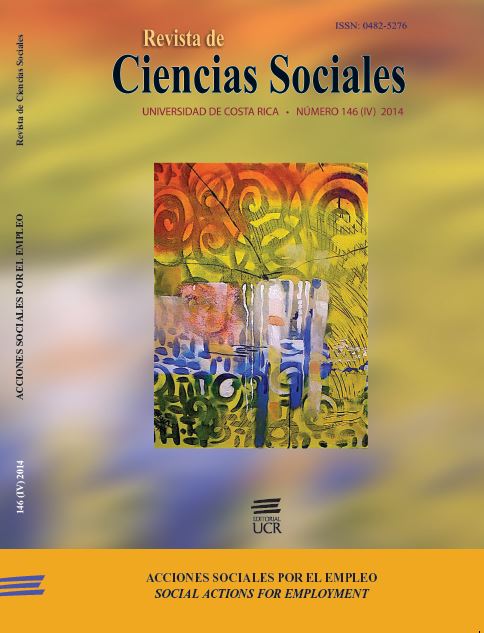Abstract
People with disabilities are normally affected by discrimination in their right to work.
There is a mixture of social imaginaries around the idea that these people are not able
to perform a job, or that they would do it less productively. There is also a great deal of
ignorance around the subject, and a rejection of the need to adapt the admission tests or
eventually the facilities in the working space. This has led to the creation of a variety of
public policies of professional integration, one of which is the obligation to have a share of
positions for the people with disabilities. This article is grounded on a research towards the
decision making of one policy of employment share in Costa Rica, which was legislated in 2010. From the normative context and a brief review of the wide international experience
with this kind of policy, a synthesis is made of the policy design in Costa Rica.


